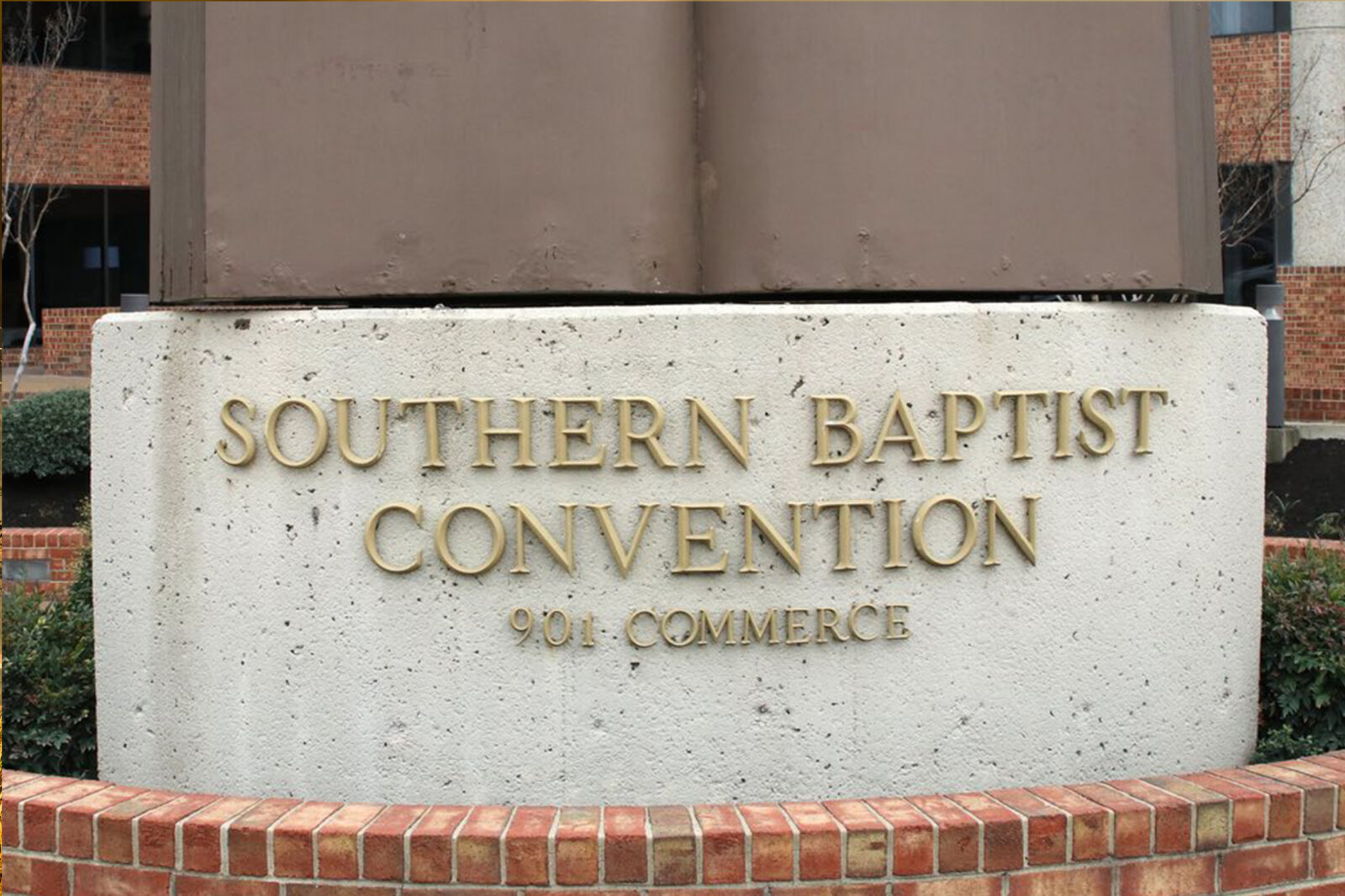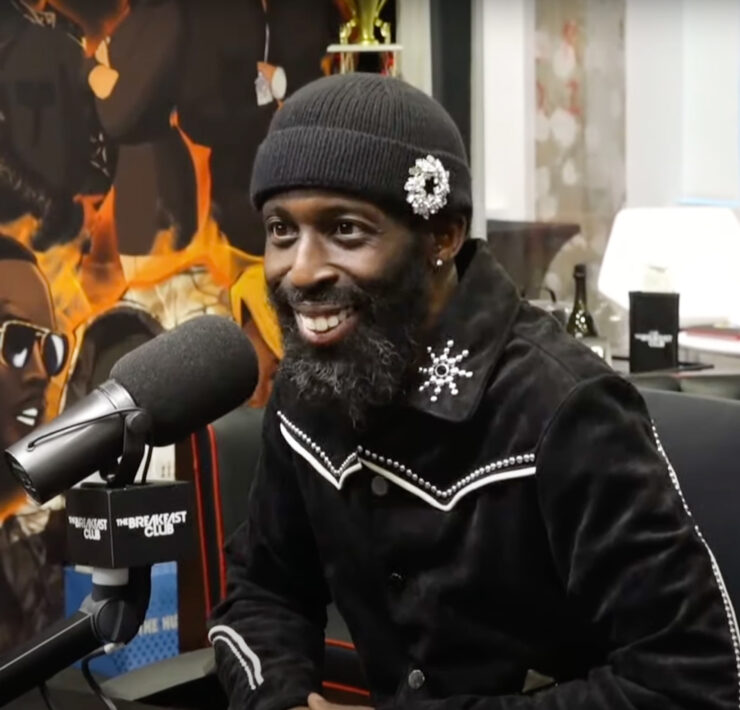
Over the last two decades, the Southern Baptist Convention had a pattern of silencing and disparaging survivors of sexual abuse who begged leadership for action. SBC leadership ignored, dismissed and sometimes attacked survivors, and refused to consider suggested policies that might protect future victims because of the financial risks.
Those are just a few of the findings of a devastating third party investigation into the nation’s largest Protestant denomination, which was released last weekend. One year after the SBC overcame vocal opposition among its executive leadership to approve a full, transparent investigation, a nearly 400-page report details the actions of a group of powerful SBC leaders who were “singularly focused on avoiding liability for the SBC to the exclusion of other considerations.”
The third party firm, Guideposts Solutions, gained access to a trove of confidential documents, internal files and private communications, and also interviewed over 300 associated people. Though many of their findings confirm previous reporting, the depth and breadth of the deceitful coverup attempts among certain factions of SBC leadership go further than many expected.
Dr. Russell Moore, the author and pastor who once served as the head of the SBC’s public policy wing, wrote that he was “shaking with rage” as he read the report. “As dark a view as I had of the SBC Executive Committee, the investigation uncovers a reality far more evil and systemic than I imagined it could be.”
“I was wrong to call sexual abuse in the Southern Baptist Convention a crisis,” he wrote. “Crisis is too small a word. It is an apocalypse.”
The report corroborates much of the Houston Chronicle’s 2019 investigation, vindicates the group of survivors who have led the charge for a full, transparent investigation and undermines attempts by SBC leadership to downplay the allegation and write off calls for justice as “distractions” from their evangelical mission. Here are some of the takeaways from the historic report.
A Crippling Fear of Lawsuits
Over and over, throughout the report, members of SBC leadership were driven to minimize, ignore or disparage abuse claims out of a fear of potentially expensive lawsuits. A small group of men within the Executive Committee misled other members about the enormity of abuse claims in an attempt to shield themselves from legal liability.
Guidepost highlighted three members of the SBC’s legal team in particular as driving the resistance to meaningfully addressing abuse claims and proposed reforms: August “Augie” Boto, James Guenther and James Jordan. Boto retired in 2019, and both Guenther and Jordan resigned when Guidepost opened their investigation last October.
The investigation found that survivors who raised the alarm about sexual abuse were either ignored or informed that the SBC was unable to take any action, given the convention’s deliberately loose structure. The investigation notes that while the SBC’s governing documents gave leadership the authority to disassociate churches that ordain women or “endorse” homosexuality, leaders claimed they had no authority to take action against churches led by sexual abusers or accused of covering up sexual abuse. Guidepost said lawyers advised leadership to stay tight-lipped on allegations.
But many of these men did not stay silent about activists who started calling for change. When abuse survivors and advocates Christa Brown and Rachael Denhollander started urging for reforms, Boto dismissed them as part of “a satanic scheme to completely distract us from evangelism. It is not the gospel. It is not even a part of the gospel.”
A Secret Database
For years, many advocates had been calling for a national database of abusers that could guide churches seeking background checks for new hires. The SBC Executive Committee insisted the unstructured organization of the SBC rendered such a task legally impossible.
But, in one of the report’s most shocking revelations, it turns out that such a database already existed. For ten years, Boto and SBC spokesman Roger “Sing” Oldham privately kept their own list of abusive pastors. That list had over 700 names on it, nine of whom were still actively leading churches. “Despite collecting these reports for more than 10 years, there is no indication that Dr. Oldham, Mr. Boto, or anyone else, took any action to ensure that the accused ministers were no longer in positions of power at SBC churches,” the report found.
A Former SBC President, Accused
One allegation that had not yet been made public is that Johnny Hunt, former president of the SBC, was himself accused of sexual assault in 2010. Guidepost spoke to a woman from Hunt’s church who said the pastor forced himself on her in the condo she was renting while on vacation, pinning her down, groping her, pulling her clothes off and assaulting her twice. The woman and her husband, a pastor who worked with Hunt, met with Hunt a few days later and say Hunt confessed to kissing and touching, but claimed the encounter was consensual. Though Hunt denied the majority of her claims, he took a public break from ministry. Guidepost interviewed Hunt about the assault, and said his denials were not credible. This weekend, he resigned from the North American Mission Board. In a statement, he continued to deny the allegations made against him.
Many survivors took to social media with a mixed reaction of relief, pain, anger and grief over the weekend. And above all, many wondered what will be next. “Will what #SBCtoo survivors suffer ever matter to the SBC?” asked Brown. “Will the Guidepost report finally prod real change? Waiting.”






















